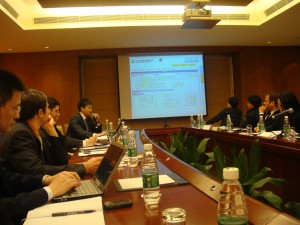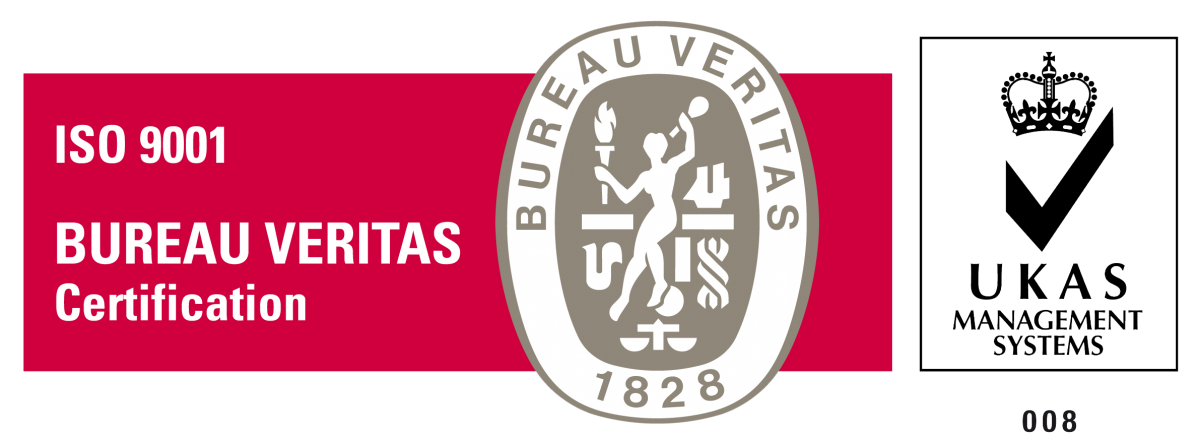Siveco demonstrates integrated ISCS-MMS at the French-China Urban Transportation Forum in Nanjing
Siveco China was among the leading French companies attending the Urban Transportation Forum in Nanjing on March 3, 2009. Other suppliers present included Alstom (rolling stock), Thales (signaling and control systems), Systra (consulting), ADPI & AREP (architecture firms owned by Paris metro, Paris airport and the French railway company), EADS (telecommunication networks), SCOR (re-insurance), Veolia Transport (operations). Drawing on France's long history of public infrastructures, the conference was meant to showcase advanced yet proven technologies and provide an exchange platform with authorities, design institutes and operators in Nanjing and Jiangsu province. The one-day event was attended by over a hundred high-level delegates from provincial and municipal governments including those of Nanjing, Suzhou, Wuxi and Changzhou. The French Ambassador to China Mr. Ladsous opened the session.
During the workshop held in the afternoon, the Siveco team demonstrated a live integration between the ISCS (Integrated Supervision and Control System) and the Maintenance Management System (MMS) COSWIN. It was the first time ever a real integrated system, as opposed to powerpoint mock-up, was shown in Nanjing. Based on Taipei's metro SCADA system, the system allows control room operators to access maintenance information (is the alarm been treated by maintenance? when is the technician coming? what work permit should be approved? when is the next scheduled maintenance? what is the failure history of this system?) without any specific software knowledge. The display generated lots of interest and questions from attendees who had never seen such an integrated platform before.

Very interesting exchanges took place during the Q&A session, showing the growing understanding of maintenance issues by Chinese public transportation officials. One of Suzhou Transportation Bureau's noted that they paid great attention to the definition of standard protocols for their various systems to communicate, thus allowing evolution and reducing dependence on IT suppliers. This is exactly what Siveco had advocated since late 2004, drawing on its experience in the European Union-sponsored inter-operability program PROTEUS. Siveco China's General Manager commented on the cost of safety, which, rather than being treated on a case-by-case emergency basis, must be taken into account in the management model of new public infrastructures. Bruno explained Siveco's approach of the problem using the MMS to ensure regulatory compliance, a realistic approach based on Western experience and Chinese practice. This proposal led to an interesting debate, showing that safety has indeed become a major concern and operators may be ready to experiment with new methods.



